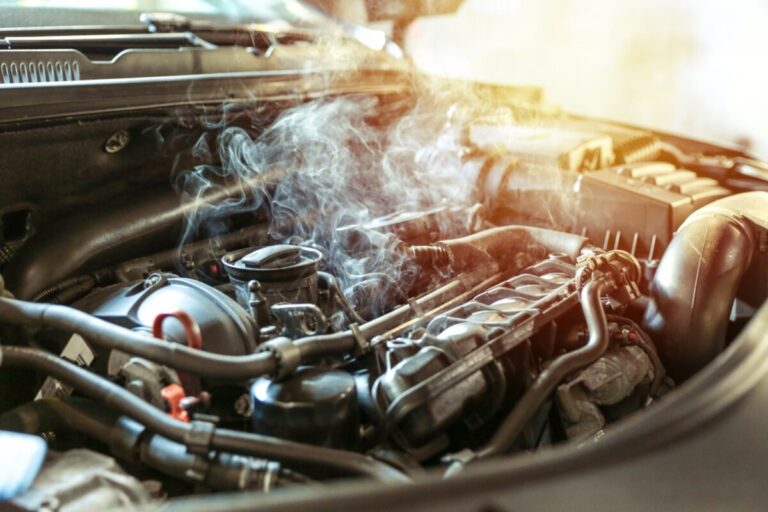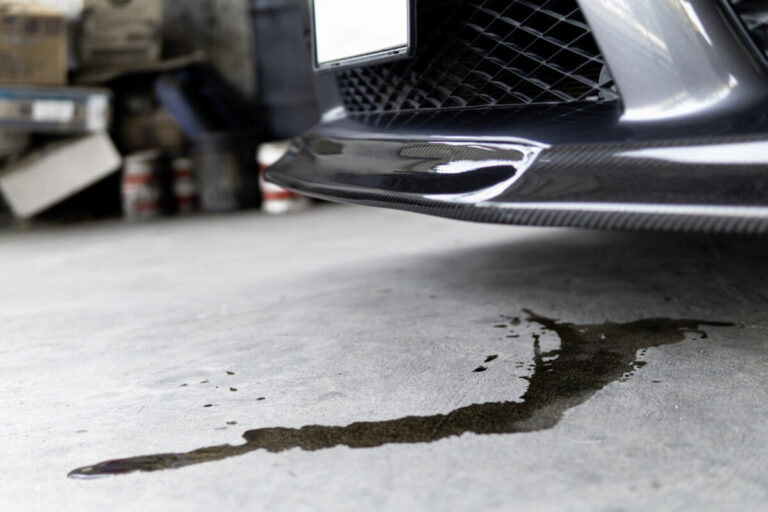There’s nothing quite like the feel of driving a BMW—the smooth handling, the powerful acceleration, and the unmatched luxury. So, when you start to feel an unusual vibration coming from your car, it’s not just an inconvenience; it’s a disruption to the experience you love. Understanding the reasons behind these vibrations can help you address them promptly, ensuring your vehicle remains in peak condition.

Common Causes of Car Vibrations
Several factors can cause vibrations in your BMW. These issues range from minor problems to more serious mechanical failures. Here are some of the most common culprits.
Tire Issues
One of the most frequent causes of vibrations in any vehicle is a problem with the tires. This could be due to uneven tire wear, incorrect tire balance, or damage to the tires themselves. For BMW owners, ensuring that your tires are properly aligned and balanced is crucial to maintaining that signature smooth ride.
Engine Problems
Your BMW’s engine is a complex piece of machinery, and any issues with it can lead to vibrations. This could be due to misfires, worn-out spark plugs, or problems with the fuel injection system. Regular maintenance and timely BMW repair can help keep these issues at bay.
Brake Issues
If you notice vibrations when you apply the brakes, the problem might lie within your braking system. Warped brake rotors, worn brake pads, or issues with the brake calipers can all cause your car to shake when stopping. Addressing brake problems promptly is essential for your safety and the longevity of your vehicle.
Diagnosing the Source of the Vibration
Identifying the exact cause of the vibration can be tricky without the proper knowledge and tools. However, there are a few signs you can look for that might help you pinpoint the issue.
When Does the Vibration Occur?
The timing of the vibration can give you a clue about its source. Does it happen only when you accelerate? Or do you feel it more when you’re braking? Perhaps it’s most noticeable at certain speeds. These details can help a professional diagnose the problem more accurately.
Where Do You Feel the Vibration?
The location of the vibration can also be telling. If you feel it through the steering wheel, the issue might be with your tires or suspension. If the vibration seems to come from the seats, it could be a problem with the engine or transmission.
Listen for Unusual Noises
Accompanying noises can also provide valuable clues. A humming or buzzing sound might indicate an issue with the tires, while a grinding noise could point to problems with the brakes or suspension.
The Importance of Professional BMW Repair
Attempting to fix these issues on your own can be tempting, but it’s important to seek professional help. BMW vehicles are engineered with precision, and improper repairs can lead to more significant problems down the line.
Finding a Reliable BMW Repair Shop
When it comes to BMW repair, choosing the right shop is crucial. Look for a service center that specializes in BMWs and has a good reputation. Experienced technicians will have the knowledge and tools to diagnose and fix your car’s problems efficiently.
Regular Maintenance Is Key
Regular maintenance is the best way to prevent issues that cause vibrations. Keeping up with your BMW’s service schedule can help you avoid costly repairs and ensure your car remains in top condition. Regularly checking and replacing fluids, inspecting brakes, and rotating tires are all essential maintenance tasks.
Conclusion

Feeling a vibration in your BMW can be unsettling, but understanding the potential causes and seeking timely BMW repair can help you address the problem quickly. Whether it’s an issue with the tires, engine, or brakes, getting your car checked by a professional ensures you can continue to enjoy the smooth, luxurious drive that BMW is known for. Regular maintenance and prompt attention to issues are key to keeping your Bimmer running smoothly for years to come. Contact Euroworx today to ensure your BMW gets the expert care it deserves.




